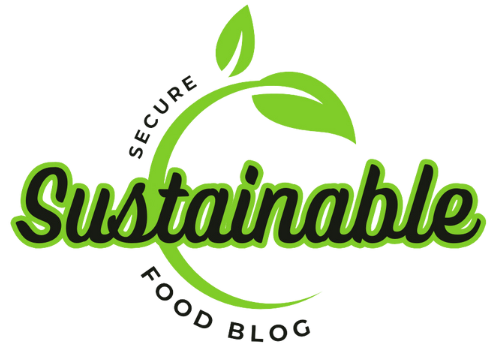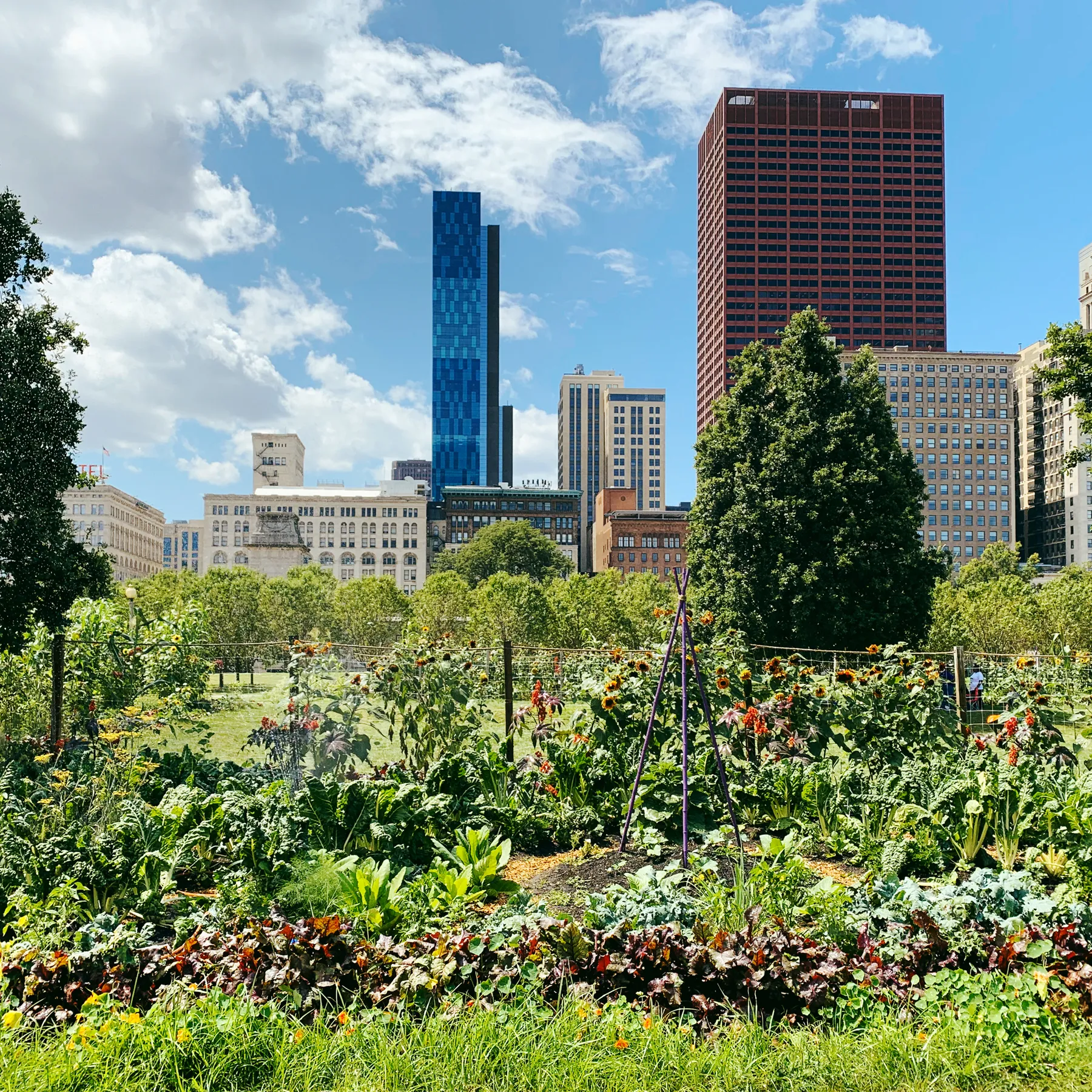Growing food in the city has provided something truly special for many residents. Where some only saw empty areas, farmers have turned those spots into places to cultivate fresh fruits and veggies for the community. This helps more people gain access to healthy, locally grown options without having to travel far.
Beyond that, these urban farms have had a way of bringing neighbors together through their shared work in these green spaces.
I will now share more details about some interesting initiatives focused on urban farming.
Paris: Nature Urbaine
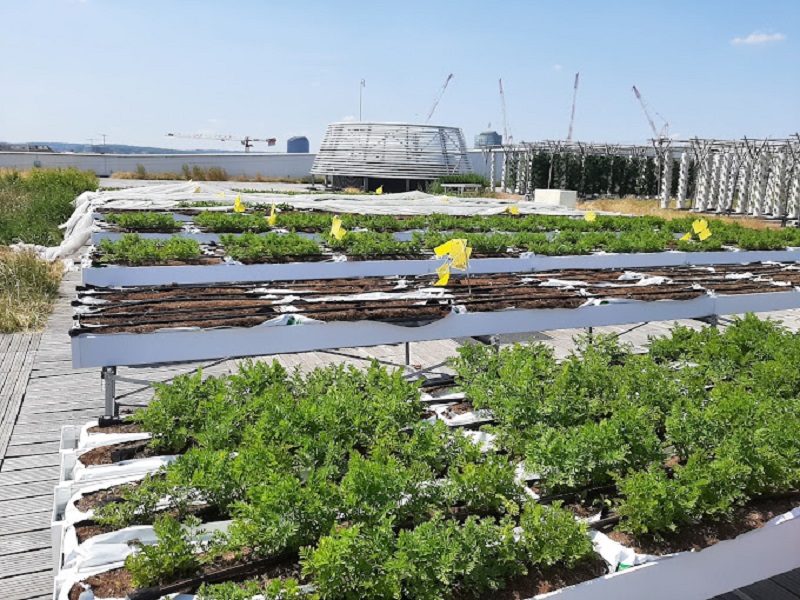
Nature Urbaine in Paris stands as the world’s largest urban farm, located atop the Pavilion 6 of the Paris Expo Porte de Versailles. This farm spans three acres and utilizes aeroponic vertical farming techniques. It grows over 30 different plant species, supplying local markets and restaurants with fresh, organic produce year-round.
The farm also serves as an educational hub, promoting sustainable urban living. Visitors can tour the facility, learning about innovative farming methods and the importance of local food production. Nature Urbaine exemplifies how urban farming can adapt to dense city environments, providing a model for other cities to follow.
When Was the Initiative Shared?
The Nature Urbaine project was publicly shared and launched in 2020 as part of a broader initiative to integrate green spaces into urban environments in Paris.
What Is Being Produced?
Nature Urbaine produces a variety of fruits, vegetables, and herbs, including tomatoes, lettuce, strawberries, and basil. The farm aims to grow high-quality, pesticide-free produce that caters to the local market demand.
Singapore: Sky Greens Vertical Farm
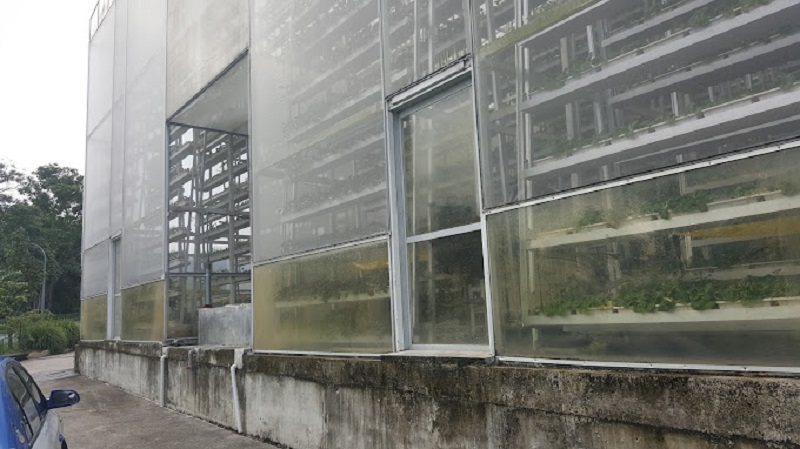
Sky Greens in Singapore addresses the city-state’s food production challenges with innovative vertical farming. The farm uses water-driven rotating towers to grow leafy greens, maximizing space and efficiency. Each tower rotates to ensure even sunlight exposure.
Sky Greens produces significantly more vegetables per unit area compared to traditional farming, supplying local supermarkets and reducing reliance on imported vegetables. The vertical farm also reduces water usage, an important consideration in water-scarce Singapore.
By integrating sustainable practices and cutting-edge technology, Sky Greens sets a benchmark for urban farming initiatives in other densely populated urban areas.
View this post on Instagram
When Was the Initiative Shared?
Sky Greens was founded in 2012, marking its presence as one of the first commercial vertical farms in the world.
What Is Being Produced?
Sky Greens primarily focuses on producing leafy greens such as lettuce, spinach, and Chinese cabbage. These crops are chosen for their high nutritional value and fast growth cycles, ensuring a steady supply to the local market.
Detroit: RecoveryPark Farms
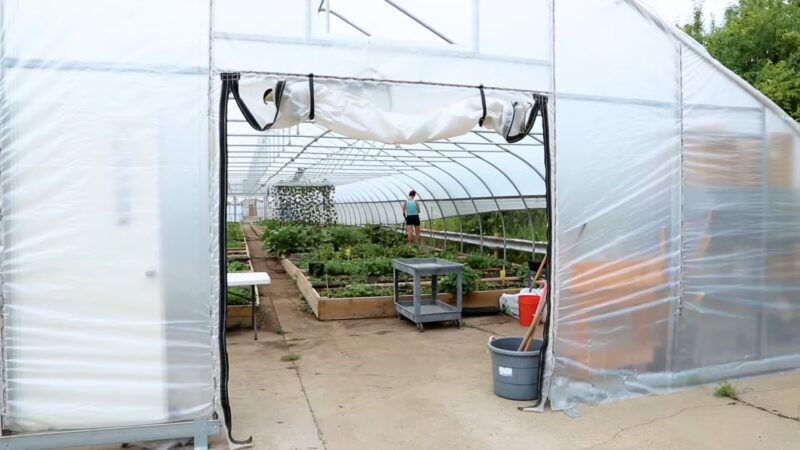
RecoveryPark Farms in Detroit transforms abandoned properties into productive urban farms. The project addresses food insecurity, job creation, and community revitalization. It employs local residents, including those facing employment barriers, and produces specialty crops for restaurants and markets.
RecoveryPark Farms highlights how urban farming can turn neglected spaces into vibrant community assets. The farm also provides job training programs, helping participants gain valuable skills and improve their employment prospects. By revitalizing vacant land and creating economic opportunities, RecoveryPark Farms contributes to Detroit’s broader efforts to rebuild and rejuvenate the city.
When Was the Initiative Shared?
RecoveryPark Farms was launched in 2013 as part of a larger effort to address economic and social issues in Detroit through urban agriculture.
View this post on Instagram
What Is Being Produced?
The farm focuses on high-value specialty crops, including herbs, microgreens, and heirloom vegetables. These products cater to the needs of local chefs and restaurants, providing fresh, locally sourced ingredients.
New York City: Brooklyn Grange
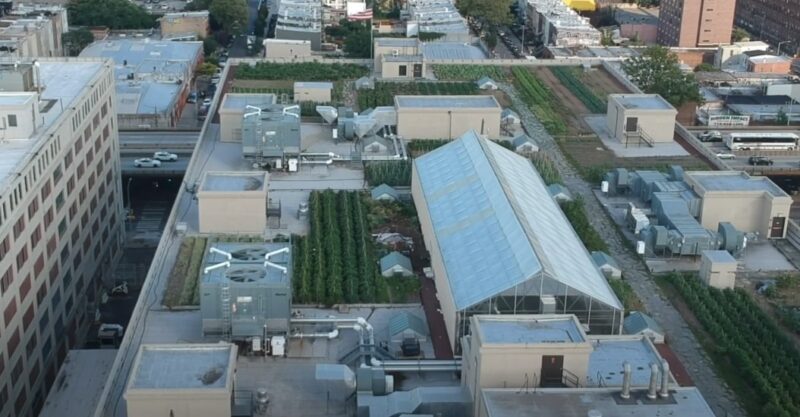
Brooklyn Grange operates the largest soil-based rooftop farms in New York City, spanning over 5.6 acres across three rooftops. The farm produces over 50,000 pounds of organic vegetables annually and keeps bees for honey production and pollination.
Brooklyn Grange also hosts educational programs and community events, engaging the public in sustainable agriculture practices. The farm’s presence in the city promotes biodiversity and provides green space in an urban environment.
By transforming rooftops into productive farms, Brooklyn Grange demonstrates the potential for urban agriculture to contribute to food security and environmental sustainability in densely populated cities.
When Was the Initiative Shared?
Brooklyn Grange was established in 2010, making it one of the pioneering rooftop farming projects in New York City.
View this post on Instagram
What Is Being Produced?
Brooklyn Grange grows a wide range of organic vegetables, including tomatoes, peppers, leafy greens, and root vegetables. The farm also produces honey from its beekeeping operations, contributing to the local ecosystem’s health.
London: Growing Underground
Growing Underground in London utilizes former World War II air-raid shelters to revolutionize urban farming. The farm employs hydroponic systems and LED lighting to grow microgreens and herbs year-round.
The subterranean environment offers consistent temperatures and protection from weather extremes. Growing Underground supplies fresh produce to local markets and restaurants, reducing food miles and carbon footprints. This initiative demonstrates how unconventional spaces can be repurposed for urban agriculture.
View this post on Instagram
When Was the Initiative Shared?
Growing Underground was launched in 2015, repurposing historical infrastructure for modern agricultural use.
What Is Being Produced?
The farm specializes in growing microgreens and herbs such as pea shoots, coriander, and rocket. These crops are chosen for their quick growth cycles and high demand among local chefs and consumers.
Tokyo: Pasona Urban Farm
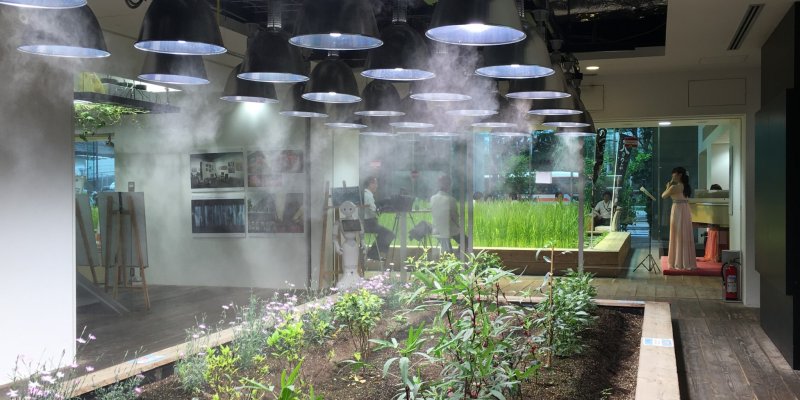
Pasona Urban Farm, located within an office building in Tokyo, integrates agriculture with corporate life. The farm occupies the building’s lobby, corridors, and rooftop, growing over 200 species of fruits, vegetables, and rice. Employees participate in farming activities, fostering a connection with nature and promoting wellness.
The produce is used in the company cafeteria, providing fresh, organic meals. Pasona Urban Farm exemplifies how urban farming can blend seamlessly into corporate environments, enhancing employee well-being and sustainability.
When Was the Initiative Shared?
Pasona Urban Farm was introduced in 2010 as part of the Pasona Group’s commitment to sustainable development and employee well-being.
What Is Being Produced?
The farm grows a diverse array of crops, including rice, tomatoes, cucumbers, and salad greens. The variety ensures a balanced diet for employees and demonstrates the potential for diverse crop production in urban settings.
San Francisco: Alemany Farm
Alemany Farm in San Francisco spans 3.5 acres and focuses on community empowerment. Volunteers manage the farm, cultivating a variety of fruits and vegetables. Alemany Farm distributes produce to local food banks and community members, addressing food insecurity.
The farm also offers educational programs on sustainable agriculture and food justice. This initiative highlights the power of community-driven urban farming projects in fostering social equity and environmental stewardship.
When Was the Initiative Shared?
Alemany Farm has been operating since the early 1990s, making it one of the longest-running urban farming projects in San Francisco.
View this post on Instagram
What Is Being Produced?
Alemany Farm grows a wide range of fruits and vegetables, including strawberries, kale, beans, and squash. The farm’s diverse production supports food banks and community members, ensuring access to fresh, healthy food.
Last Words
These urban farming setups show that cities don’t necessarily need to get food from other places far away. From the high-tech greenhouses in Paris to the block gardens in Detroit, they prove you can grow food right in the city too and it helps the neighborhood in lots of ways.
